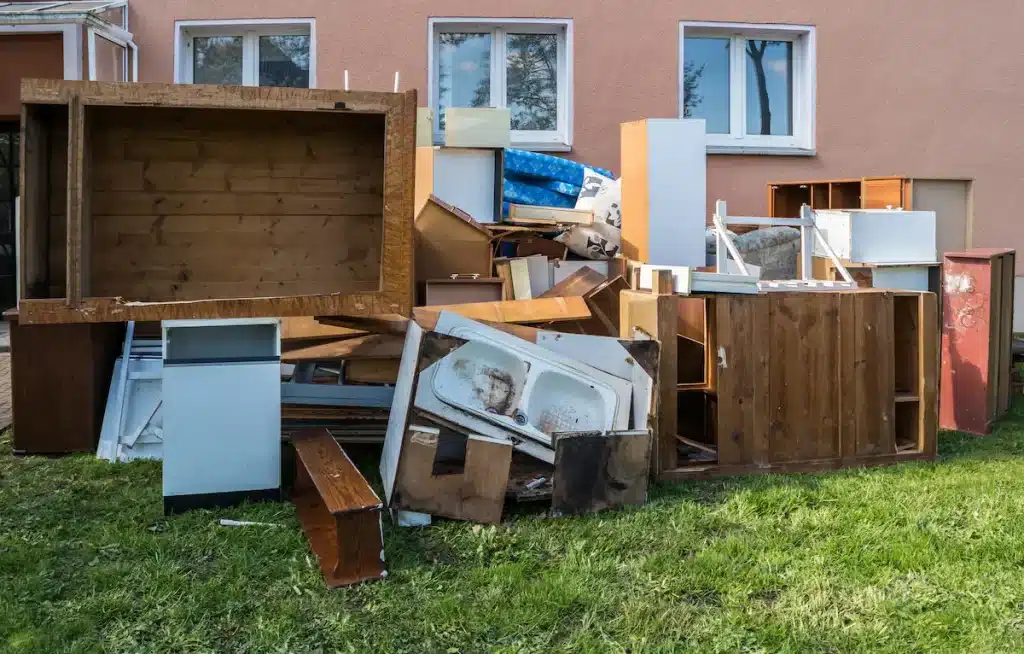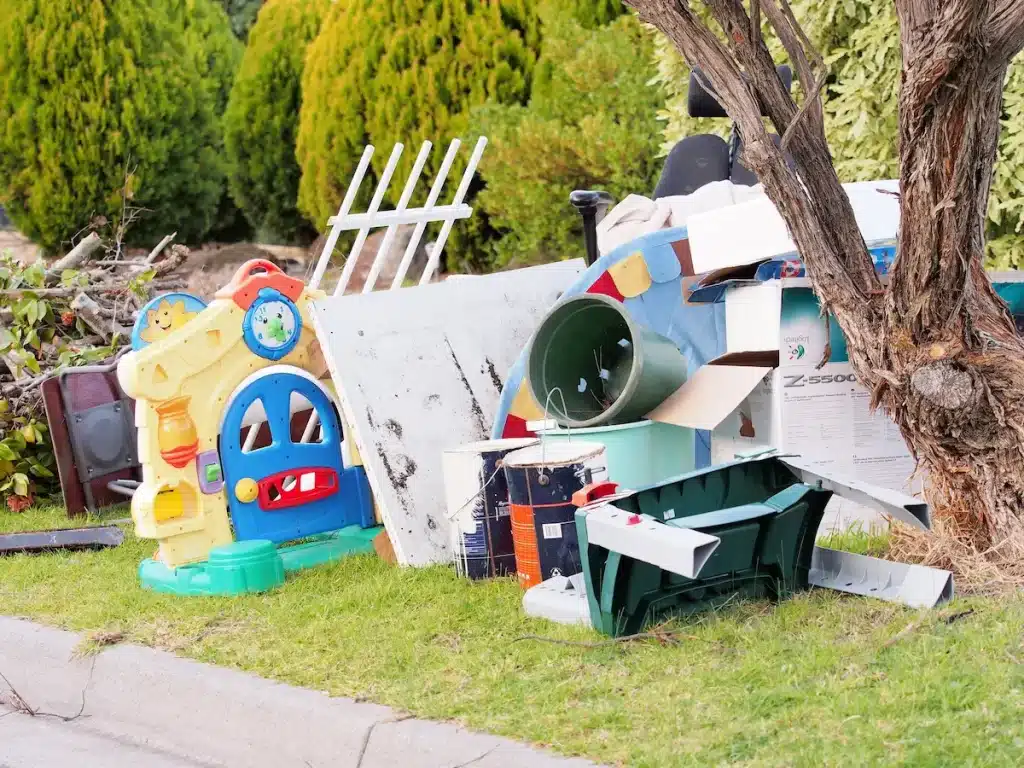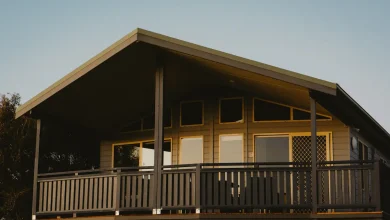How To Ethically Dispose Of Waste
How To Ethically Dispose Of Waste At The End Of A Lease Agreement
As sustainable living practices become a fixture for households across the globe, ethical waste disposal practices have become increasingly vital. This is especially the case for big cities with higher populations of renters. From New York City to Melbourne, Australia and everything in between, rubbish removal has become a practical necessity.
But when it comes to ethically disposing of your waste at the end of a lease agreement, there are naturally local community and environmental considerations that need to be accounted for. After all, securing rubbish removal services in Melbourne is likely to look a little different to securing similar services in NYC, or even San Diego, for that matter.
To provide a little direction, we’ll be outlining some of the top factors you’ll need to consider when ethically disposing of waste at the end of your lease agreement. Read on to learn how you can stay green as a renter.

Understand Your Lease Agreement
Understanding the ins and outs of your lease agreement is a crucial first step in ethical waste disposal. This is because your lease contract will outline important details about your tenancy, including your waste management duties.
Of course, waste management clauses may differ depending on where you’re based in the world. Here are some tips to help guide you through understanding your own waste management clauses as they’re outlined in your tenancy agreement:
- Look for information on garbage collection schedules, designated disposal locations, and rules for separating recyclables from other waste.
- Waste management clauses in your lease should be understood from the start if you want a seamless move-out procedure. Planning your garbage disposal tasks in accordance with the lease’s criteria will help you avoid last-minute stress and ensure a smooth changeover.
- Keep in mind that ignoring the waste management clauses in your lease agreement may have legal consequences. Penalties or even the loss of your security deposit or bond may follow non-compliance.
Your lease agreement provides the framework for responsible waste disposal during your tenancy. Reading and understanding these clauses is a proactive step towards ethical waste management and a harmonious landlord-tenant relationship.
Sort and Separate Your Rubbish
One of the fundamental principles of ethical waste disposal is the meticulous sorting and separation of waste. Proper garbage classification into recyclables, hazardous materials, compost or green waste, and general rubbish can help to not only reduce your household’s overall waste production, but will also help ensure that any actual household waste is disposed of in the most ethical and environmentally-friendly way.
There are also a variety of different ways that you can separate your rubbish, so all you need to do is find the method that works best for you. For some, this process can be as easy as hiring a skip bin in the lead-up to your lease end date. For others, you may opt to spend a little money on labeled bins for simple sorting. Paper, cardboard, glass, and plastic recyclables should all be placed in their own designated recycling bin.
It’s also a good idea to handle potentially hazardous substances, such as chemicals and paints, with care. And remember to always follow local council guidelines for proper waste disposal.

Give Your Waste New Life By Donating Used Goods
Most cities today are committed to sustainability in all aspects of waste management, including garbage collection. And recycling is critical to achieving this goal. There are numerous alternatives for recycling things, ranging from electronics to daily household items. Be proactive in finding out where and how you can recycle effectively.
But one facet of recycling is often overlooked by many of us when it comes to navigating moving day, and that’s disposing of any excess furniture, clothing, or decor items by simply donating them rather than tossing them all into your skip bin. Most long-time renters find themselves having to downsize and upsize consistently whenever they move, resulting in literal tons of furnishings going straight to landfills every year.
But what if your old furniture could be used as perfectly good furniture and decor for other renters or families? Therein lies the magic of donating your used furniture and other goods. So chat to your local thrift stores or check in with nearby recycling facilities to see where you may be able to ethically dispose of your unwanted furniture.
Read Up On Local Regulations
Every city has unique waste disposal regulations, and your city is guaranteed to be no exception. Understanding and abiding by these rules is crucial to not only ethically disposing of your waste, but also reducing your risks of being hit with any fines or other legal repercussions in the event that you’re charged with littering or unlawful waste disposal.
Once again, we strongly recommend that you jump onto your local council or state government website to research the local waste disposal regulations that may be relevant to you as a resident. Make sure your trash disposal procedures comply with applicable laws and environmental requirements by becoming familiar with these rules.
Conduct A Thorough Final Cleanup
Finally, it’s critical to conduct a thorough clean of your rental property before handing over the keys to your landlord and bidding farewell to your leased house. And trust us – this step entails more than just getting rid of waste; it also entails leaving the property just how you found it. Use the checklist below as a guide:
- Examine hidden locations for any misplaced goods or debris.
- Remove any residue or food particles from kitchen and living spaces.
- Sanitise all surfaces in the house, paying special attention to kitchen and bathroom fixtures.
- Dispose of any remaining waste in a responsible manner, making certain that no objects are left behind.
By following these procedures, you will fulfil the terms of your lease and create a lasting impression as a responsible and ethical tenant.
Remember that once your leasing agreement expires, ethical rubbish disposal is both a legal requirement and a conscientious decision for a sustainable future. Understanding your lease agreement, sorting and separating waste, recycling and reusing items, handling hazardous waste safely, following local waste disposal regulations, and conducting a thorough final cleanup can all help to make your city a cleaner and greener place.




